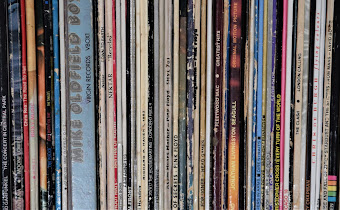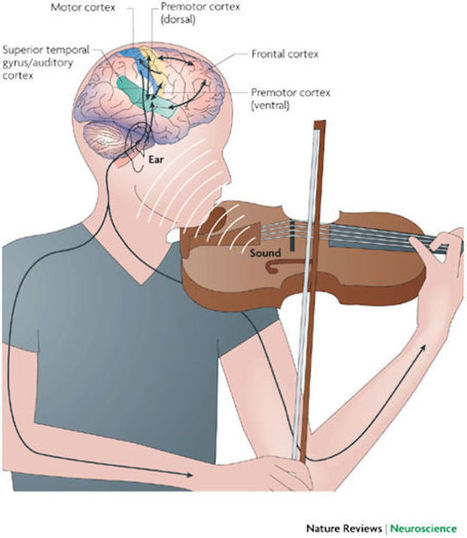The Psychological Significance of Music in Human Communication Human beings throughout the ages have long considered music to have magical and mysterious qualities. Our primitive ancestors may have found music incomprehensible, perhaps they sensed it as only a series of sounds that expressed moods, threats or order from the spirits that constantly surrounded them. Music nevertheless was a vehicle by which our primitive ancestors were able to communicate direct with the spirits that occupied the outer and invisible world in which they lived.
The Babylonians and the Ancient Greeks try to create a structure on these ‘musical sounds’. In this structure, sound was related to that of the cosmos through an elaborate mathematical conception of sound vibrations connected with numbers and astrology.
As time went by humankind relationship to music slowly changes. No longer was it a means to communicate with the spirits, a threatening force or had supernatural qualities. Music became a vehicle by which human beings were now in personal communication with the deity, one that was a harmonious relationship with God.
Finally it was recognised that music was a medium by which human beings could communicate with their fellow human beings and help to strengthen the bonds of understanding between one another.
Music over the centuries has therefore been looked on as a power that could change and affect humans in a fascinating sort of way. So what exactly is in music that can produce these extraordinary effects on humans? In addition, one needs also ask how 'music' exactly differs from ‘noise’.
If we care to look for a purely scientific analysis explanation of these questions, we are offered the following. Music consists of vibrations in the air or a combination of vibrations that remain constant long enough for the air to be able distinguish them as units in other words as ‘notes’. Noise on the other hand may contain the same vibrations but can only be sustained for a short time. In other words the human ear does not have the opportunity to characterise or distinguish this combination of vibrations as‘notes’.
Does the scientific analysis explanation of music tell us anything about the psychological significance of music in human communication? Cannot music be ‘noise’ and ‘noise’ ‘music’?
I suppose it all down to one's cultural environment !
To decide whether a particular series of 'sounds' is 'noise' or whether it is 'music' is really down to the cultural environment it was created in. This has been the case ever since human beings first began to produce 'sounds'. The 'sounds' produced can only really be understood as 'music' from within the cultural environment from which these 'sounds' were created in. So to understand this 'music' one really needs be 'educated’ in the cultural environment in which it was created.
So 'noise' can be 'music' and 'music' can be 'noise', it all depends on the cultural environment it was created in and from the cultural environment the listener originate from.








